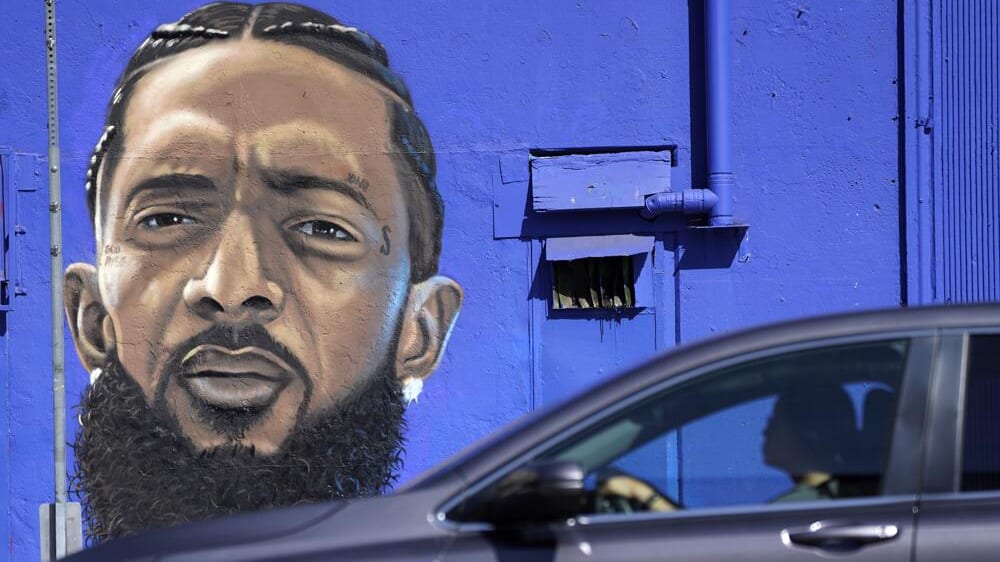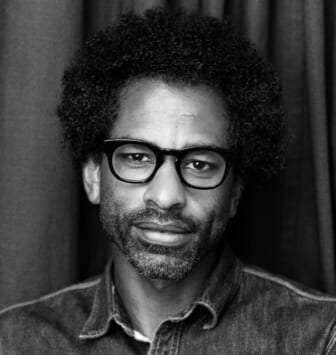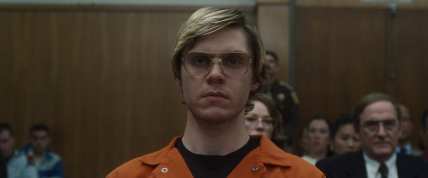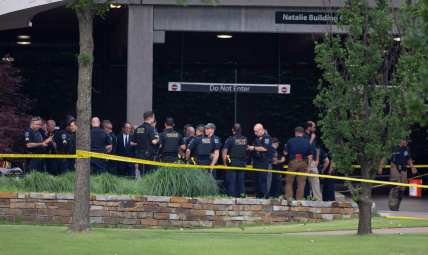Why are so many rappers dying?
OPINION: The number of recent deaths in hip-hop is a byproduct of problems that all of us in the Black community face.

Editor’s note: The following article is an op-ed, and the views expressed are the author’s own. Read more opinions on theGrio.
Throughout the Black community, there are murals commemorating the deaths of beloved hip-hop stars like Nipsey Hussle, Jam Master Jay, Biggie and many others. Those murals are beautiful tributes, but there are so many that it makes me sad. Then Coolio died, yet another famous rapper gone, and it brought back a lot of memories. It reminded me that I’ve been suffering through the untimely deaths of rappers for years and years.
A couple of decades ago, I was in Manhattan in a van with the guys from A Tribe Called Quest when someone got a call saying that Tupac had finally passed away after days in a coma. We were all silent for a while. A few months later, Biggie was murdered late in the evening, and I woke up to my phone buzzing like crazy. That one hurt a lot. The deaths of Lisa Left Eye Lopes and Jam Master Jay and Heavy D also hit many of us hard. These were all lovable people I knew and interviewed. Cool artists whose music I had rhymed along with for years. They felt like friends and losing them hit hard.
So many prominent rappers have died that death seems like part of the culture of hip-hop. After Big’s murder, many people in hip-hop looked inward, wondering what was going on, asking, is there something wrong with hip-hop? It was an important question, but I don’t think there’s something wrong with hip-hop. I think there’s something wrong with America. The way America treats Black people is showing up in the deaths of rappers.
Hip-hop is deeply connected to the Black community. It takes much of its power and its energy from our swag and our cultural innovations. Hip-hop is the child of all of us. But hip-hop can’t take what’s great about the Black community without also sucking in some of our problems. That’s the real issue—some of the central challenges in the Black community bleed into hip-hop because most rappers aren’t separate from the Black neighborhoods they live and/or work in. Hip-hop is an extension of Black America for better and for worse.
The overwhelming majority of rappers who have died are the victims of gun violence. This includes Big L, Proof from Detroit, Pop Smoke, Young Dolph, and PnB Rock. We already know there’s a gun violence issue in our neighborhoods, so of course, it has become a hip-hop problem. We are in a world where guns are too easy to get, self-esteem is too hard to hold on to, and young Black male unemployment is too high, meaning many young Black men are left feeling like their only choice is criminality. Given all that, we have a situation ripe for gang activity and the brazenness that comes with committing vicious and easily solved murders of famous people. I am not saying Black people are to blame. Trust me, I understand how white supremacy and racism have led to this situation. I’m saying that decades of oppression have led to the gunplay and criminality you see in some of our neighborhoods, which is having an impact on hip-hop.
But there’s another trend being reflected in the high death rate of rappers. Many of them have died from natural causes. Biz Markie and Phife had diabetes. Bushwick Bill had cancer. Coolio, Big Pun and Craig Mack had heart trouble. Heavy D had a blood clot. Prodigy had sickle cell anemia. Nate Dogg had several strokes. Eazy-E had AIDS. These deaths are also related to problems that many of us in the Black community are dealing with. Many Black people are sick because of intergenerational issues—diseases and conditions that were passed down from prior generations that were the product of oppression.
The stress of racism itself causes illness. So does segregation and food deserts that make it hard to get nutrition. Also, many Black people are afraid to visit the doctor because we fear that we don’t have the money for health care or we lack trust in the medical system. Most rappers come from families that have been poor for generations, so even though they have become rich, their bodies are still wrestling with the physical issues that were passed down to them, and in many cases, their minds are still grappling with the approach to health and medicine that they learned from their families.
The death rate in hip-hop doesn’t mean something is wrong with hip-hop. It’s an extension of the problems all Black people go through. It’s evidence of America’s oppression. But I also worry about the impact on fans who are witnessing all this death. After decades of watching rappers die, I am numb. When rappers die, there’s an outcry, and murals are painted, and we talk about how sad it is, but if we do this exercise once a month, it becomes harder and harder to cry, which is scary. There will be another major hip-hop death at some point in the next month or two. I’m not sure I have any more tears to cry. I imagine many hip-hop fans are all out of tears. And that is really sad.

Touré is a host and Creative Director at theGrio. He is the host of the podcast “Toure Show” and the podcast docuseries “Who Was Prince?” He is also the author of seven books including the Prince biography Nothing Compares 2 U. Look out for his upcoming podcast Being Black In the 80s.
TheGrio is FREE on your TV via Apple TV, Amazon Fire, Roku, and Android TV. Please download theGrio mobile apps today!


